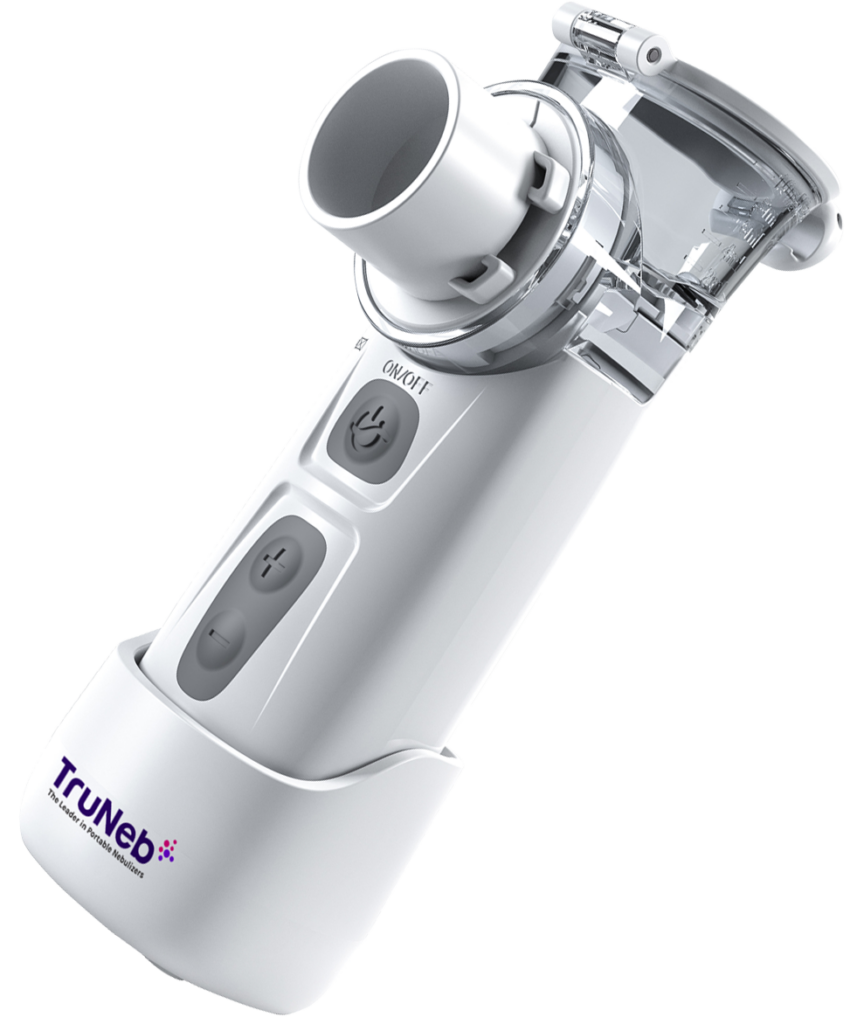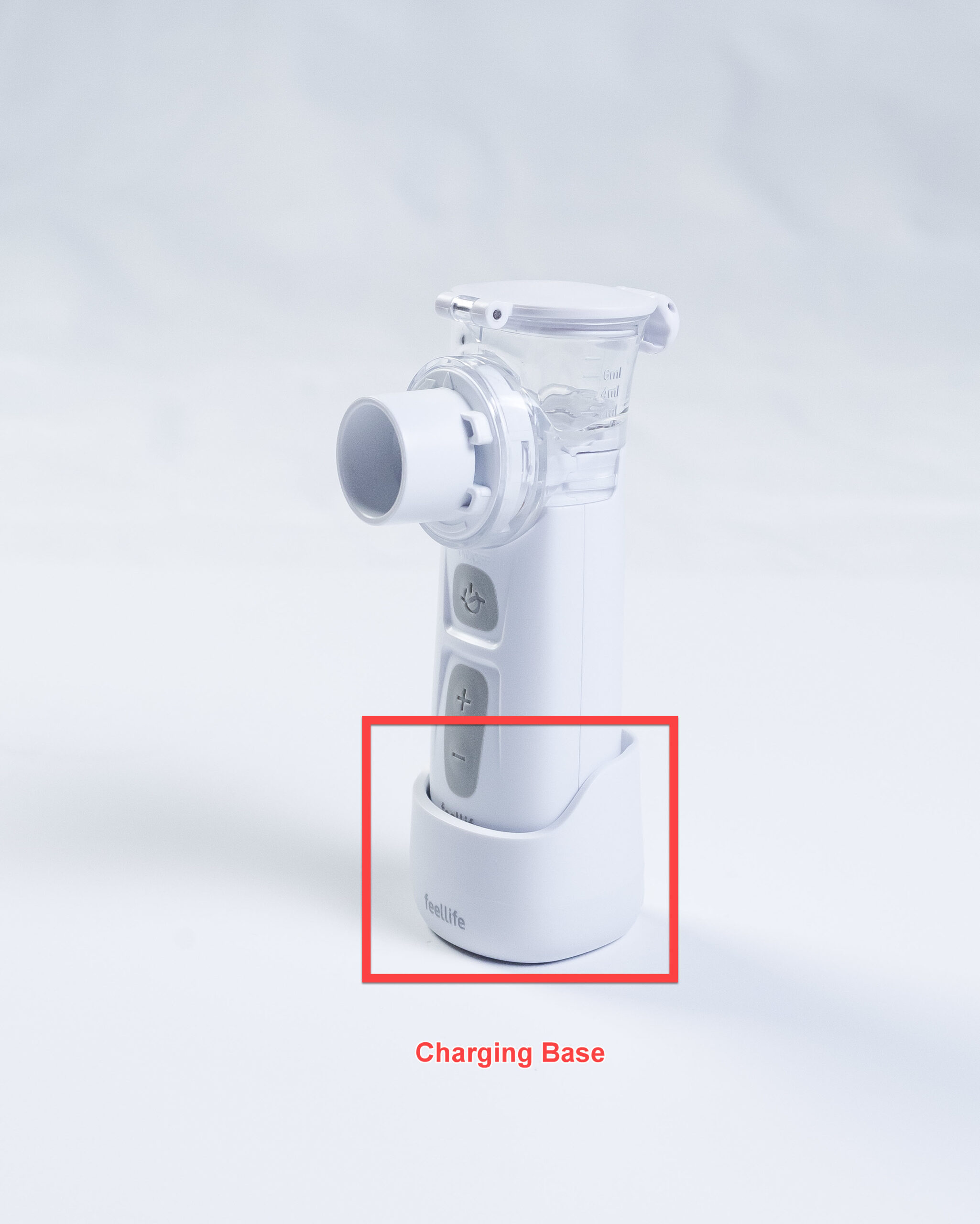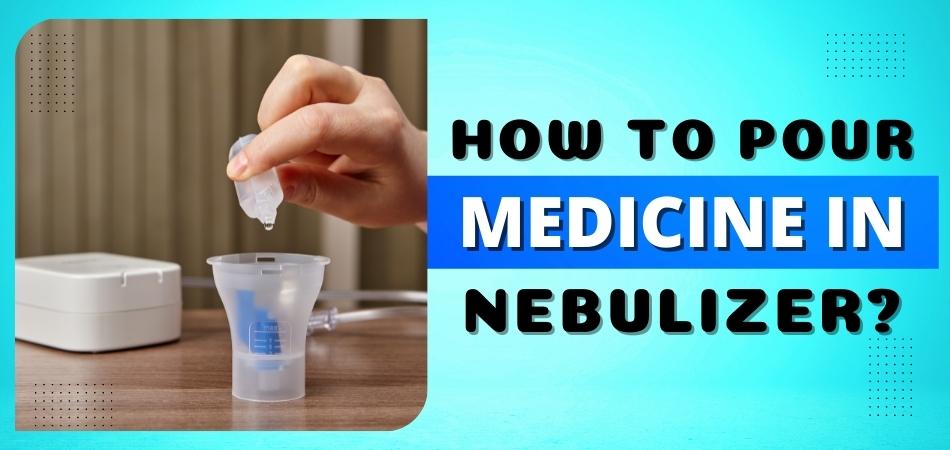When you have a cold, the congestion in your nose and chest can be frustrating and make it difficult to breathe. You may be wondering if a nebulizer could help clear this congestion and make you feel better.
A nebulizer is a small, handheld device that delivers medication to your lungs in the form of a fine mist. You breathe this mist through a mouthpiece or mask.
In this blog post, we will explore whether or not a nebulizer can help with congestion and provide some tips on how to use it.
Keep reading to learn more!
Is it possible to Eliminate Nasty Coughs with A Nebulizer?
A nebulizer can be a helpful tool in managing congestion. By delivering medication directly to the lungs, a nebulizer can help to reduce inflammation and mucus production. This can make it easier to breathe and may help to clear congestion more quickly.
Nebulizers are generally safe and well-tolerated, but be sure to talk with your doctor about whether this is the right treatment for you.
Will Albuterol Nebulizer Help Nasal Congestion?
If you’re suffering from nasal congestion, you may be wondering if an albuterol nebulizer can help. Albuterol is a bronchodilator that is typically used to treat asthma and other respiratory conditions. It works by relaxing the muscles in the airways, which allows for easier breathing.
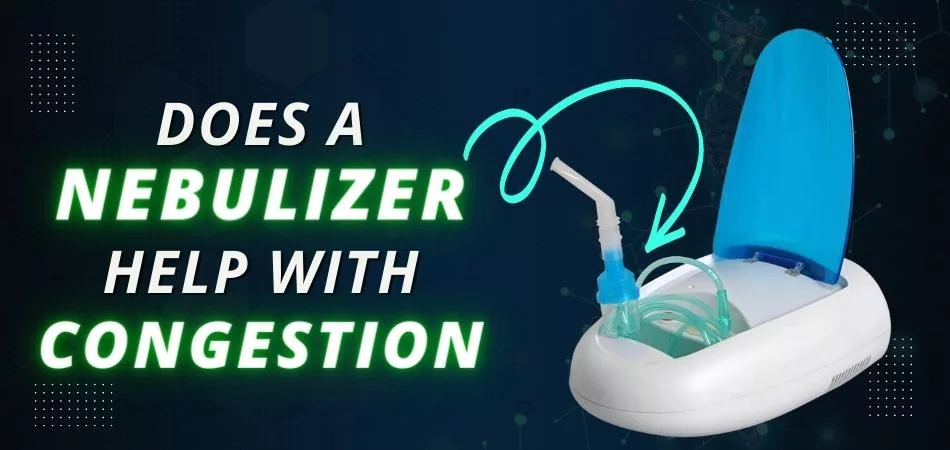
There is some evidence to suggest that albuterol may help with nasal congestion, but it’s not clear how effective it is.
One study found that albuterol helped improve airflow in people with nasal obstruction due to allergies or colds. However, the study was small and more research is needed to confirm these findings.
If you’re considering using an albuterol nebulizer for your nasal congestion, it’s important to talk to your doctor first.
Albuterol can have side effects like dizziness, headache, and nausea. It’s also not recommended for people with certain medical conditions like heart disease or high blood pressure.
Benefits of Nebulizer for Cough
If you’re struggling with a cough, you may be wondering if a nebulizer can help. A nebulizer is a small, portable device that delivers medication in the form of a mist that you inhale through a mouthpiece or mask.
It’s often used to treat respiratory conditions such as asthma, chronic obstructive pulmonary disease (COPD), and bronchitis. There are several benefits of using a nebulizer for cough relief.
- First, it’s relatively fast-acting. The medication is delivered directly to your lungs, so it can start working quickly to ease your symptoms.
- Second, it’s easy to use. You don’t have to coordinate inhalation by pressing a button as you do with an inhaler.
- Third, it can be used by people of all ages, including children and infants.
- Fourth, it’s convenient and portable, so you can take it with you wherever you go.
If you’re considering using a nebulizer for your cough, talk to your doctor about whether it’s the right treatment option for you.
What to Put in Nebulizer for Cough?
If you or your child has a cough, you may be wondering what to put in a nebulizer for cough relief. There are several options available, and the best one for you will depend on the severity of your cough as well as any other symptoms you may be experiencing.
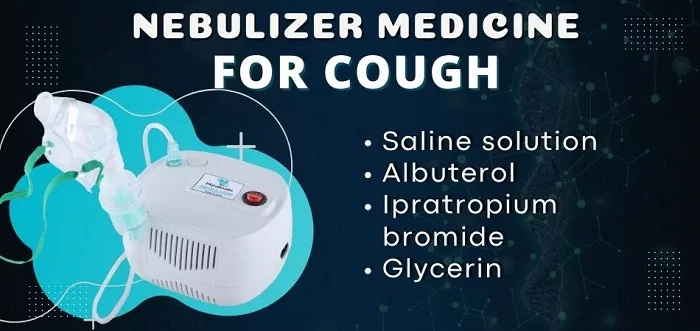
Here is a look at some of the most common choices:
- Saline solution: This is simply sterile water with salt added. It can help thin mucus and make it easier to cough up.
- Glycerin: This medication helps keep nasal passages moist, which can be helpful if your cough is caused by dryness.
- Ipratropium bromide: This bronchodilator can help open up airways and make it easier to breathe. It is often used for people with asthma or COPD.
- Albuterol: This medication is also a bronchodilator, but it works more quickly than ipratropium bromide. It is often used for people who are having an acute asthma attack or COPD exacerbation.
If your cough is accompanied by other symptoms like fever, shortness of breath, or chest pain, you should see a doctor right away as these could be signs of a more serious condition like pneumonia or bronchitis. If your cough is just bothersome but not severe, any of the above medications can provide relief.
How to Use Vicks in Nebulizer?
Vicks is an over-the-counter medication that people can purchase to help with cold and flu symptoms. Many people do not know that Vicks can also be used as a nebulizer. A nebulizer is a small, hand-held machine that delivers medication in the form of a mist. Using Vicks in a nebulizer can help to provide relief from congestion and other respiratory symptoms. Here is a step-by-step guide on how to use Vicks in a nebulizer:
- Fill the nebulizer cup with warm water and add one teaspoon of Vicks.
- Connect the cup to the machine and turn it on.
- Place the mouthpiece in your mouth and inhale slowly and deeply.
- Hold your breath for 10 seconds before exhaling. Repeat this process for 5-10 minutes.
- 5) Once finished, disconnect the cup from the machine and rinse it out with warm water. Be sure to clean the nebulizer regularly according to the manufacturer’s instructions.
Using Vicks in a nebulizer can provide quick relief from congestion and other respiratory symptoms. Be sure to follow the manufacturer’s instructions carefully when using any medication in a nebulizer.
Does a Nebulizer Break Up Mucus?
When you have a cold, your body produces excess mucus. This can make it difficult to breathe, and can also lead to a cough. A nebulizer is a device that breaks up mucus so that you can breathe more easily.
Nebulizers use either air or oxygen to break up the mucus. The air or oxygen is then breathed in through a mask or mouthpiece. This helps to loosen the mucus so that it can be coughed up more easily.
Nebulizers are often used by people with asthma, as they can help to prevent an asthma attack. Nebulizers are safe for most people to use, but there are some side effects that you should be aware of. These include dry mouth, dizziness, headache, and nausea.
If you experience any of these side effects, stop using the nebulizer and see your doctor immediately.
Can I Use a Nebulizer for Chest Congestion?
A nebulizer is a device that delivers medication in the form of a mist, which can be inhaled into the lungs. Many people use them to treat respiratory conditions such as asthma and chronic obstructive pulmonary disease (COPD).
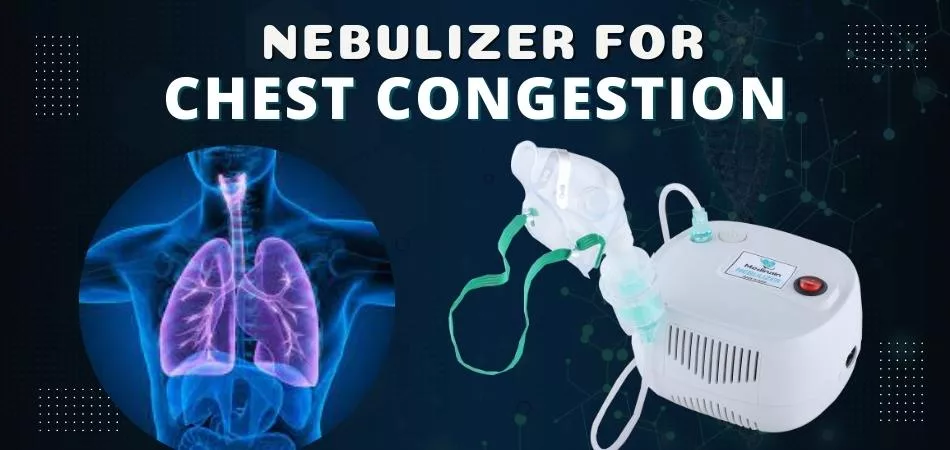
Some people also use them to relieve symptoms of allergies or colds, such as chest congestion.
There is some evidence that using a nebulizer may be effective in treating chest congestion. A study from 2012 found that nebulized loratadine was more effective than oral loratadine in reducing symptoms of rhinitis, including nasal congestion.
Another study from 2015 found that nebulized budesonide was more effective than oral prednisone in reducing symptoms of acute bronchitis, including chest congestion.
If you are considering using a nebulizer for chest congestion, it is important to talk to your doctor first. They can help you determine if this treatment is right for you and make sure you are using the correct medication and dose.
When Should You Use a Nebulizer?
A nebulizer is a device used to turn liquid medication into a fine mist, which can then be inhaled. This makes it an effective way to deliver medication to the lungs and is often used for treating respiratory conditions such as asthma and COPD.
Nebulizers are most commonly used when other methods of delivering medication (such as inhalers) are not effective or tolerated.
They can also be used on an as-needed basis to relieve symptoms, or on a regular basis as part of a long-term treatment plan. There are many different types of nebulizers available, so it is important to speak with your doctor or pharmacist to find one that is best for you.
What Can I Put in a Nebulizer for a Blocked Nose?
If you have a blocked nose, there are a few things you can put in your nebulizer to help clear it out. Saline solution is one option that can help to thin out mucus and make it easier to breathe. You can also use medication like albuterol or ipratropium bromide, which can help to open up the airways and make it easier to breathe. Always check with your doctor before using any medication in your nebulizer.
Conclusion
A nebulizer is a device that helps deliver medication to the lungs in a fine mist. It’s often used to treat respiratory conditions such as asthma, bronchitis, and COPD. Some people also use nebulizers to relieve congestion from allergies or a cold.
The main benefit of using a nebulizer is that it allows the medication to be delivered directly to the lungs, which can help reduce symptoms quickly. Nebulizers are generally safe and effective, but they do have some potential side effects. These include dizziness, dry mouth, and throat irritation.
If you experience any of these side effects, talk to your doctor.
